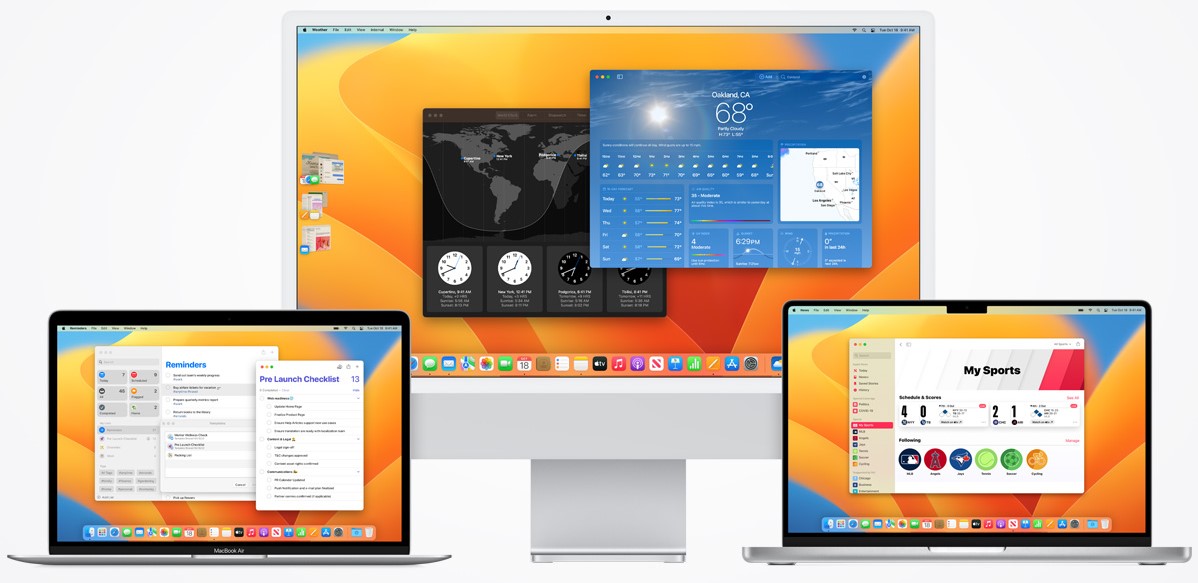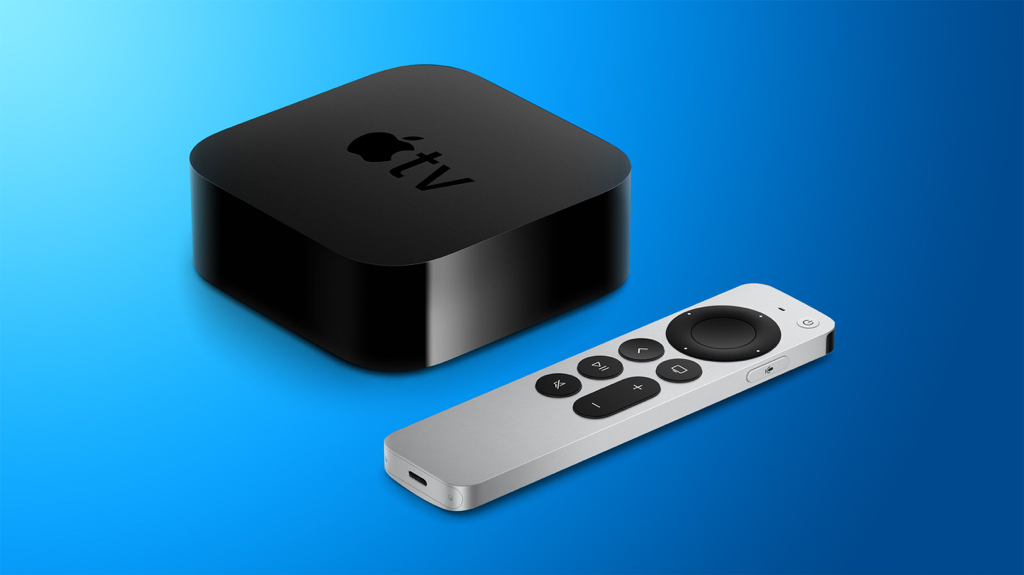Apple has finally made macOS 13.3, tvOS 16.4, watchOS 9.4, and HomePod 16.4 available for download after a weeks-long beta program that saw developers and public beta testers take them for a spin. Now, they’re ready for everyone.
If you’re using a Mac, Apple TV, Apple Watch, or HomePod, we’d suggest downloading these new updates as soon as possible to take advantage of the new features.

Not all of them have a ton to enjoy, but the usual bug fixes and improvements also apply.
Let’s take a look at what’s new.
macOS 13.3

The macOS 13.3 update isn’t a huge one in terms of new features, but there are a ton of new emojis including pink heart, moose, black bird, wing, and jellyfish. On top of that, Apple has also rolled out the refreshed HomeKit architecture which will hopefully ensure better connectivity.
tvOS 16.4

The Apple TV is always an odd one when new software arrives because Apple doesn’t tell anyone what has changed unless there are big new features. In this case, Apple has kept quiet. But we’d still suggest that you update just in case there are important under-the-hood improvements.
watchOS 9.4
This Apple Watch software update includes support for 32 new emojis as well as fixes that caused some Apple Watches to mute their wake-up alarms by accident. The update also adds Afib History support in new countries including Colombia, Malaysia, Moldova, Thailand, and Ukraine.
HomePod Software 16.4
The big news here is that upgraded HomeKit architecture. It’s designed to ensure that HomeKit devices respond more speedily and with fewer issues, but the upgrade itself caused problems when it was first added in iOS 16.2. Apple pulled it, but now it’s having another try.
All of these software updates can now be downloaded and installed via their respective update mechanisms and are completely free.
You may also like to check out:
You can follow us on Twitter, or Instagram, and even like our Facebook page to keep yourself updated on all the latest from Microsoft, Google, Apple, and the Web.




